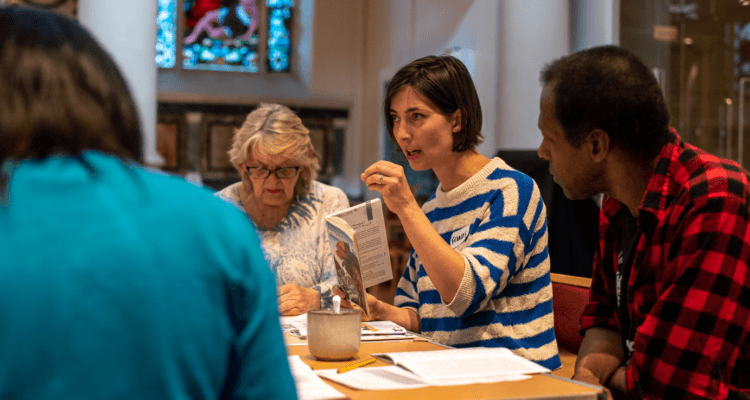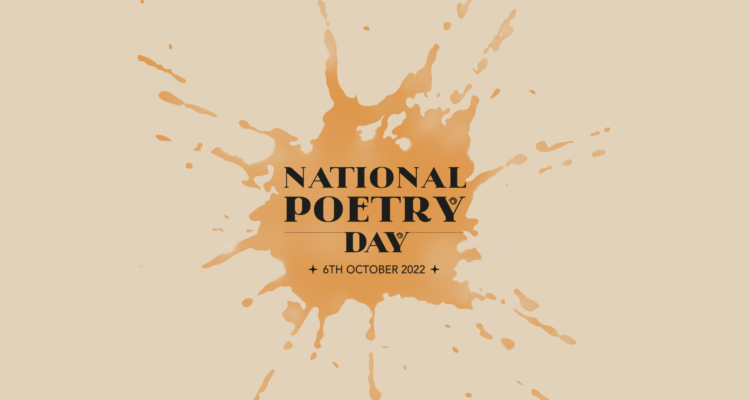Rebirths and Revamps
We've been working hard behind the scenes on a much-needed redesign of the Reader Organisation's website, which is why the posts on this blog have had a higher proportion of the housekeeping variety than usual. Once the website is rolled out my tenure at the organisation will come to an end and I'll be moving on to all those other projects I've been neglecting, though I hope to keep blogging here when I have the time.
Literary magazines have been fairly slow to adapt to the online world. The economics of running them have never been good and those with the longest histories have always been well supported by grants, donations, or gifts. In some ways they have been isolated from the pressures of having to reach a large readership because nobody ever expected them to be read by millions. But good writing needs to be read by as many people as possible and this is one area of publishing that could benefit enormously from the shift online. The Reader magazine will continue to be offered as a high quality printed volume, but earlier this year we began publishing a free full-content download edition, which can be found at scribd to read online and also as a downloadable pdf for you to keep.
For new magazines the choice to go online is much easier. The cost of producing a paper publication is high in proportion to the likely readership and for a magazine starting from scratch it makes very little sense to chase after a hard-to-reach small market rather than an easy-to-reach big one. In recent weeks three new online-only literary magazines have caught my eye:
Hamish Hamilton, UK publisher of McSweeney's, has just published issue two of Five Dials, which is free to download in pdf format and is intended for printing out. I find it works well on my iPod Touch.
Taking a more web-based approach Salt Publishing has revived the title Horizon, a 'small magazine' originally published by Cyril Connolly in the 1930s. Editor Jane Holland says:
As a reader, my ideal literary magazine is one where ideas and style matter equally, where the creative dynamics are allowed to shift from issue to issue, keeping readers entertained, informed, and provoked. As an editor, I want to stretch and challenge contributors as much as readers, to give writers considerably more scope for daring and ingenuity than they might get from a print magazine.
Of course publishers have ready access to established writers as well as to hopefuls wanting to impress, which makes these two extremely promising prospects.
The most recent of this new crop of online magazines is The Manchester Review, based at the Centre for New Writing at the University of Manchester. Edited by John McAuliffe and Ian McGuire, the Manchester Review has big ambitions:
The Manchester Review ... uses online media to show and sponsor the interplay of poetry, fiction, music, visual art and essays by new and established practitioners. We hope that it will find new readers and audiences for exciting and innovative creative work, which is steeped in traditional virtues.
Those are sentiments we heartily endorse. As online publishing becomes easier and more respectable the future for literary magazines and for high quality writing, on page and on screen, looks brighter than ever.
Get The Reader magazine free in pdf format or click the banner below to subscribe to the magazine.
Posted by Chris Routledge
Share
Related Articles

Reader Revisited: Reading with Looked-After Children by Grace Frame
We're taking a trip down memory lane and revisiting articles from The Reader Magazine. This article first appeared in issue…

Meet The Reader: Staff Spotlight with Frances
Saturday 30 September is International Podcast Day so this month we got chatting to Frances MacMillan, the Head of Literary…

National Poetry Day 2022
To celebrate National Poetry Day 2022, The Reader has created a new poetry anthology exploring this year's theme, The Environment.…



